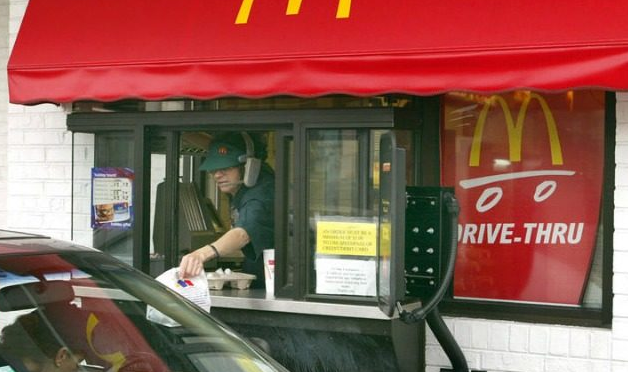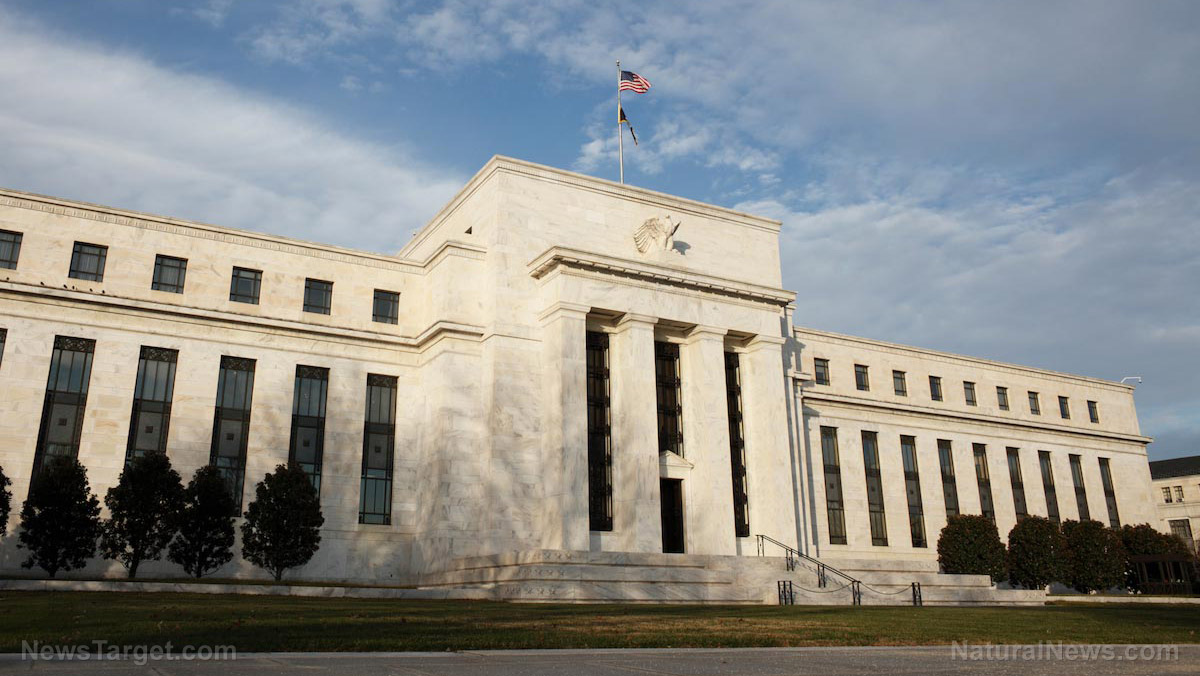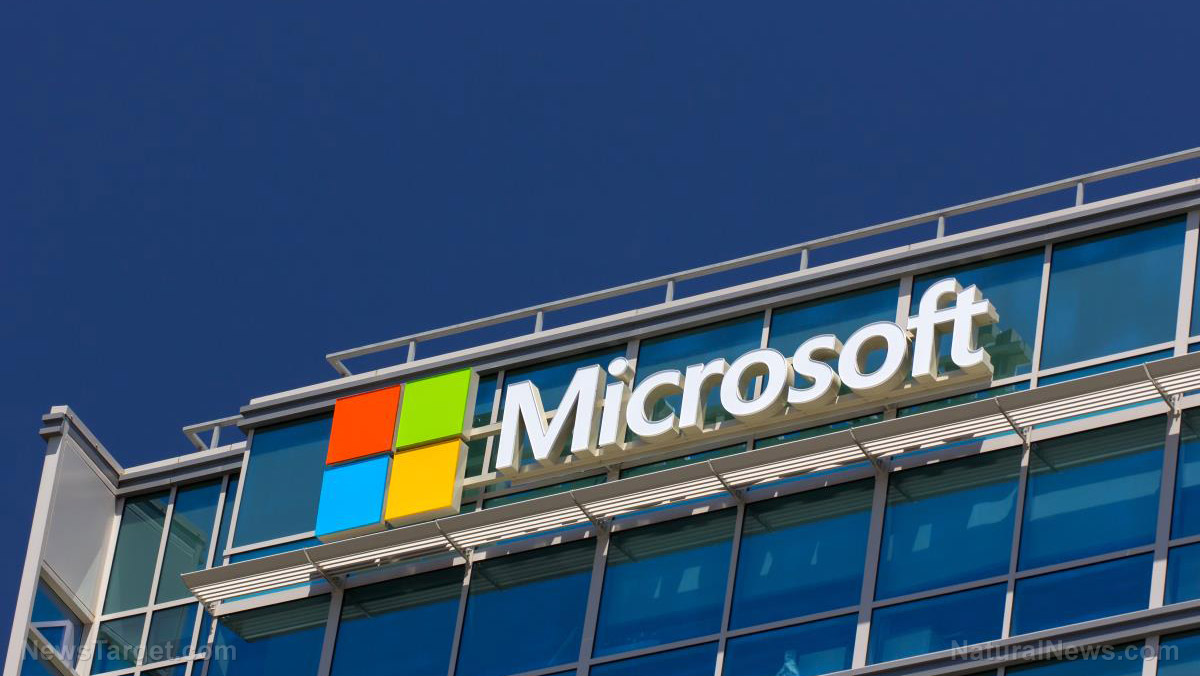American businesses, big-box stores increasingly rejecting CASH as forced shift to cashless society accelerates
01/31/2024 / By Ethan Huff

Despite the fact that around six million people living in the United States do not have bank accounts and are considered to be “unbanked,” a growing number of retail stores, including large, well-known big-box stores, are refusing cash and forcing customers to pay with cards or smartphones.
Upwards of one billion people worldwide currently do not have a bank account, which means that they, too, are in trouble once stores in their native lands decide to scrap cash and switch to a cashless model of digital, and easily trackable, payment systems.
In larger cities like Seattle and Los Angeles, “No cash accepted” signs are popping up everywhere, including on the windows or stores that claim to be “inclusive.” Nothing says inclusive quite like refusing customers who do not have a bank account, eh?
The vast majority of bank-less people hold that status not because of any kind of political or financial protest, but rather because they do not have enough money in their possession to meet the minimum balance requirements.
Every two years, the Federal Deposit Insurance Corporation (FDIC) runs a household survey asking people why they are bank-less. In 2021, more than 40 percent of respondents said they are too poor to have a bank account, which means these same folks also cannot shop at “No cash accepted” stores.
The second- and third-most common answers for why some people do not have a bank account include because “Avoiding a bank gives more privacy,” and because they simply “don’t trust banks.” Then there are the costs of dealing with a bank, which oftentimes are exorbitant.
(Related: In order to bring about their long-envisioned new-world totalitarian order, the powers that be are pushing hard to eliminate all cash and usher in a cashless society, complete with digital passes and special identification requirements for all commerce.)
Federal Reserve to FORCE U.S. banks to borrow from it
Speaking of banks, FX Hedge confirmed that the private Federal Reserve is changing its role from “lender of last resort” to “dictatorial financial overlord.”
Word on the street is that Fed chairman Jerome Powell is planning to force United States banks to borrow from it, or else.
“In the spirit of never letting a crisis go to waste, the Fed, the FDIC and the Treasury are citing the collapse of several regional banks in March of last year as the impetus for transforming the discount window from an emergency measure into standard operating procedure,” FX Hedge explains.
Traditionally, the Fed has charged a premium, or higher interest rate, than the market rate for loans to discourage entities from going to it first for a loan. Again, the Fed is supposed to be a lender of last resort, until now.
The “discount window,” as it is called, for the Fed’s lending program is publicly available information, allowing the public to see which banks are in trouble and which are more secure. The Fed wants to keep that discount window hidden while forcing banks to borrow from it out of public view.
“Other banks and investors alike have a right to know who is taking these loans from the Fed,” FX Hedge notes. “To hide that information would be the equivalent of countless types of fraud – like a firm hiding from investors that it has bad assets or outstanding loans that are kept off the books.”
“But this is essentially what the Fed wants to do: hide a valuable market signal from all participants in the financial community.”
“So, the Fed and its cronies in government intend to muddy the waters, making everything so murky that it’ll be impossible to tell who is doing what.”
How much longer will the U.S. dollar be king? Find out more at DollarDemise.com.
Sources for this article include:
Submit a correction >>
Tagged Under:
banks, big government, Bubble, business, cash, cashless, Collapse, conspiracy, currency crash, currency reset, deception, dedollarization, deep state, dollar demise, economic riot, Federal Reserve, finance riot, freedom, insanity, money supply, pensions, privacy watch, risk, tyranny
This article may contain statements that reflect the opinion of the author
RECENT NEWS & ARTICLES
COPYRIGHT © 2017 PENSIONS.NEWS
All content posted on this site is protected under Free Speech. Pensions.news is not responsible for content written by contributing authors. The information on this site is provided for educational and entertainment purposes only. It is not intended as a substitute for professional advice of any kind. Pensions.news assumes no responsibility for the use or misuse of this material. All trademarks, registered trademarks and service marks mentioned on this site are the property of their respective owners.


















